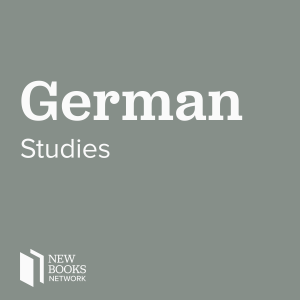
Yael Almog, "Secularism and Hermeneutics" (U Pennsylvania Press, 2019)
 2019-10-16
2019-10-16
In the late Enlightenment, a new imperative began to inform theories of interpretation: all literary texts should be read in the same way that we read the Bible. However, this assumption concealed a problem—there was no coherent "we" who read the Bible in the same way. In Secularism and Hermeneutics (University of Pennsylvania Press, 2019), Yael Almog shows that several prominent thinkers of the era constituted readers as an imaginary "we" around which they could form their theories and practices of interpretation. She argues that this conception of interpreters as a universal community established biblical readers as a coherent collective.
In the first part of the book, Almog focuses on the 1760s through the 1780s and examines these writers' works on biblical Hebrew and their reliance on the conception of the Old Testament as a cultural, rather than religious, asset. She reveals how the detachment of textual hermeneutics from confessional affiliation was stimulated by debates on the integration of Jews in Enlightenment Germany. In order for the political community to cohere, certain religious practices were restricted to the private sphere––while textual interpretation, which previously belonged to religious contexts, became the foundation of the public sphere. As interpretive practices were secularized and taken to be universal, they were meant to overcome religious difference. Turning to literature and the early nineteenth century in the second part of the book, Almog demonstrates the ways in which the new literary genres of realism and lyric poetry disrupted these interpretive reading practices. Literary techniques such as irony and intertextuality disturbed the notion of a stable, universal reader's position and highlighted interpretation as grounded in religious belonging.
Yael Almog is an Assistant Professor of German Studies at Durham University. Her research focuses on the interdependence of literary theory, literary production, and theology––more specifically, she looks at secularism, Jewish-Christian encounters, the German-Jewish tradition, and Hebrew literature.
Carrie Lynn Evans is a PhD student at Université Laval in Quebec City.
Learn more about your ad choices. Visit megaphone.fm/adchoices
Support our show by becoming a premium member! https://newbooksnetwork.supportingcast.fm/german-studies
More Episodes
Create your
podcast in
minutes
- Full-featured podcast site
- Unlimited storage and bandwidth
- Comprehensive podcast stats
- Distribute to Apple Podcasts, Spotify, and more
- Make money with your podcast
It is Free
- Privacy Policy
- Cookie Policy
- Terms of Use
- Consent Preferences
- Copyright © 2015-2024 Podbean.com





